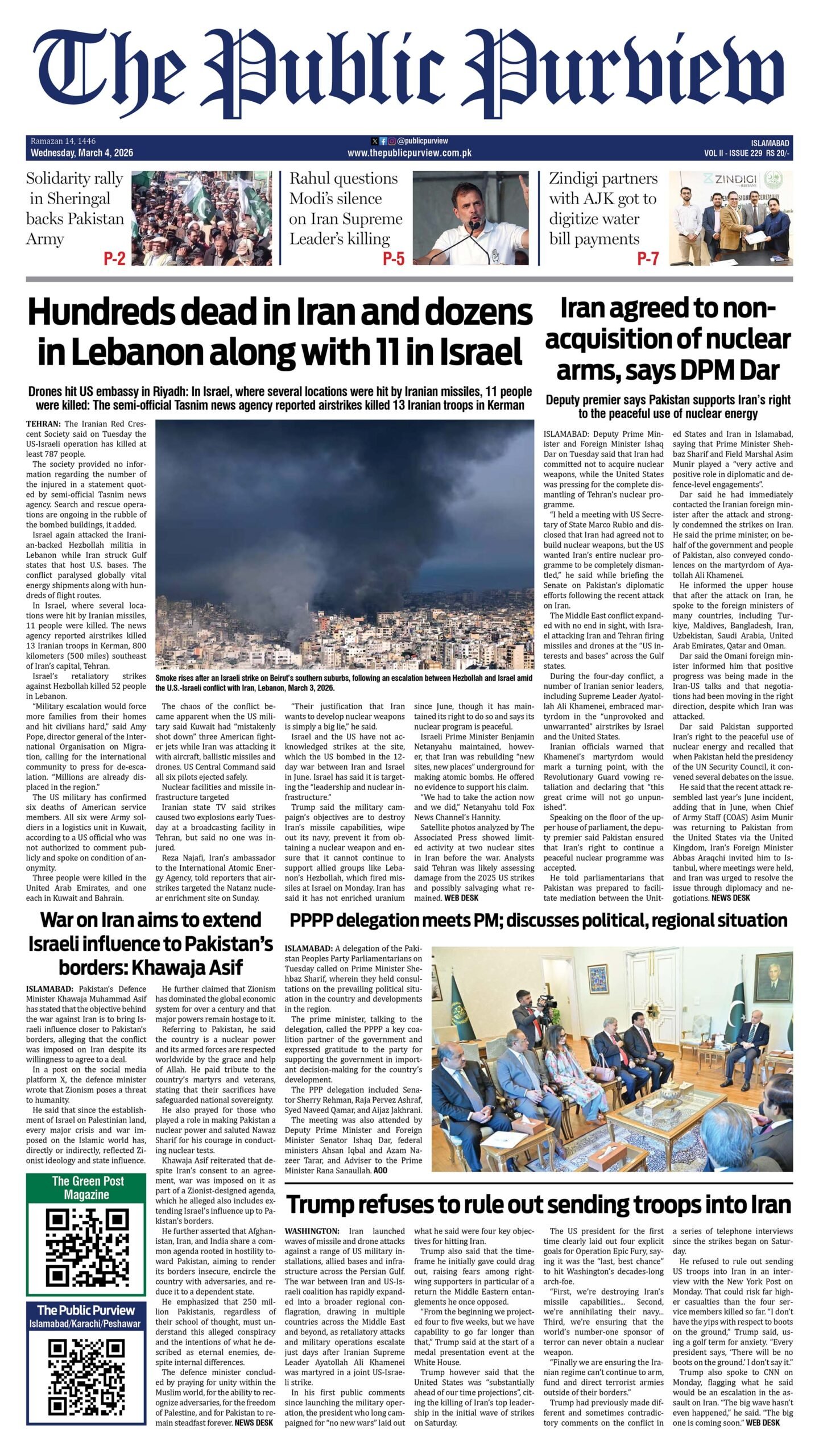Islamabad : In observing World Mental Health Day on the 10th of October, Kaspersky warns of the relationship between digital fatigue and increased exposure to cyber risks.
In today’s data-driven and digital business environment, office employees are bombarded with a constant feed of notifications, continuous digital interactions and the need to make huge amounts of decisions throughout the day. Even though advanced technologies like artificial intelligence (AI) and machine learning are helping to improve efficiencies, workers are under significant strain. This can result in digital fatigue that not only negatively impacts an employee’s well-being and productivity versus higher rates of burnout, but also risks opening the company to a range of cyberthreats, from phishing to deepfakes, warns Kaspersky.
In fact, a research by Forbes Advisor shows that digital communications make 58% of employees feel like they need to be available more often. This results in 60% of the workforce feeling increased burnout. The constant need to stay online and multitask adds to this high-pressure environment, making employees more prone to mistakes.
“Employees face hundreds of decisions daily, that range from small, routine choices to critical business decisions. Eventually, the brain’s ability to make sound judgments declines over time and pressure. The constant influx of emails, messages, and alerts are exacerbating this digital fatigue,” says Brandon Muller, Technical Expert for the MEA region at Kaspersky.
Phishing remains one of the most widespread forms of cybercrime. Fatigued employees are more likely to miss the warning signs of a phishing email, especially when they are just one among many in their overflowing inboxes and as phishing campaigns become ever more sophisticated.
AI is also contributing to the rise of deepfakes – highly convincing audio or video content manipulated to deceive the recipient. When it comes to digital fatigue, these deepfakes can pose a serious risk in corporate settings, where cybercriminals may impersonate executives to authorise fraudulent transactions or gain access to sensitive information.
If robust cybersecurity solutions are in place to help identify and filter the threats, and if employees are educated and alert, organisations are in a much safer position. By addressing the root causes of decision and digital fatigue, companies can reduce the risk of successful phishing, deepfakes, and other sophisticated cyberattacks,” concludes Muller.
There are several proactive measures organisations can adopt to help reduce the cognitive load on their employees including cybersecurity training that is relatable and engaging. Investing in advanced cybersecurity tools, such as automated threat detection and response systems, help businesses reduce human error and mitigate risks. Protection solutions for mail servers with anti-phishing, anti-spam, and malware detection technologies decrease the chance of infection.
Enable a Default Deny policy for critical user profiles, particularly those in financial departments, which ensures that only legitimate web resources can be accessed. Kaspersky believes that by prioritize tasks, delegate or automate less important decisions can help employees avoid fatigue. Focus on key data, limit information overload and distractions when taking important decisions. Stay alert when receiving messages that look uncommon, as well as when visiting new web pages and making money transactions”.







 Today's E-Paper
Today's E-Paper